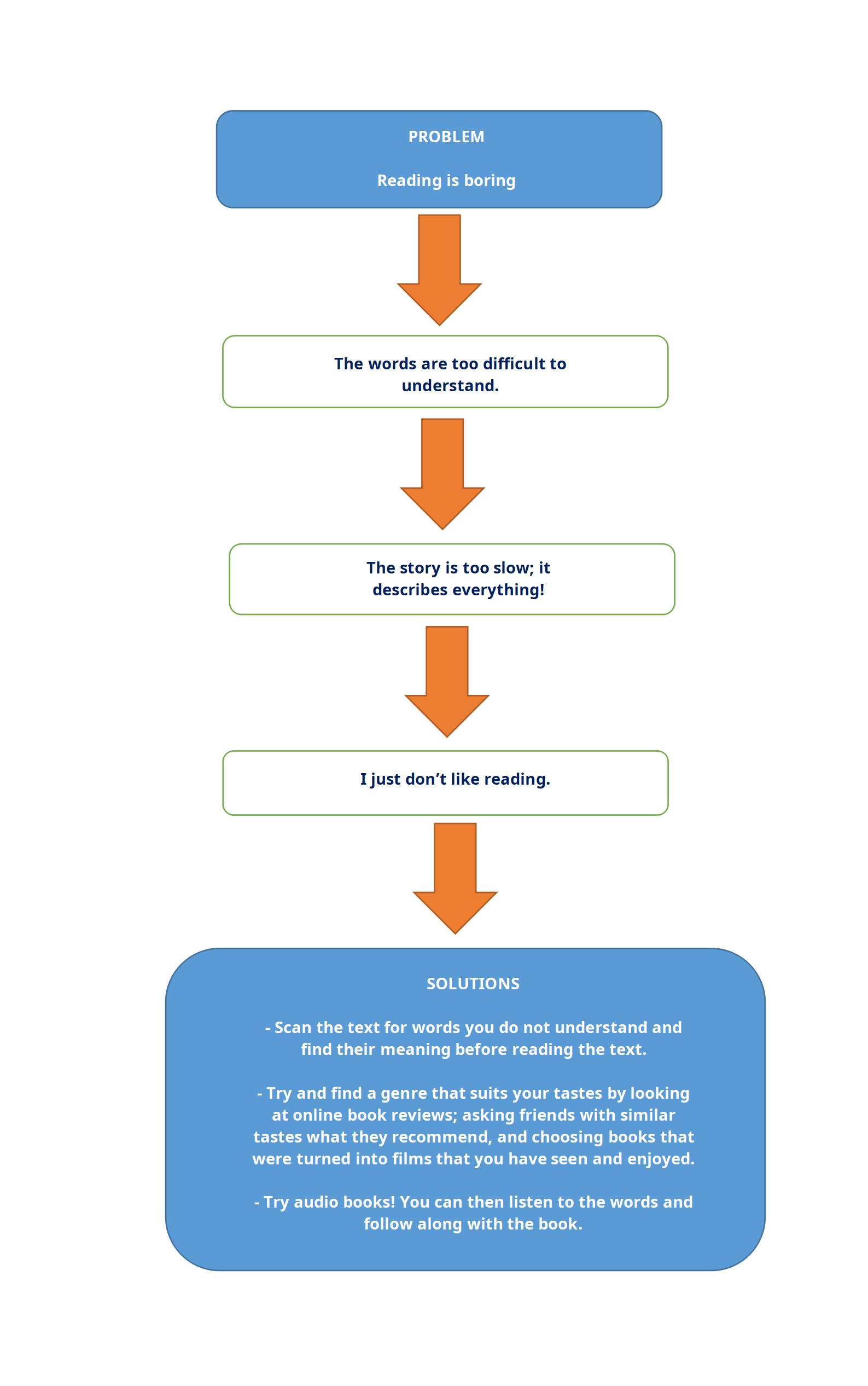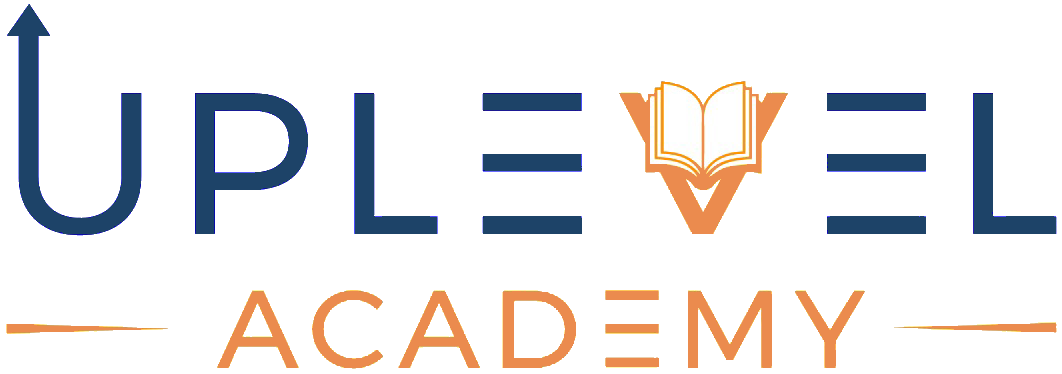What determines success?
We often think actions determine success, right? You always hear the following:
The journey of a thousand miles begins with the first step.
The Universe doesn’t give you what you ask for with your thoughts; it gives you what you demand with your actions.
Only actions create change.
These are all right: to some extent. Actions are important. However, they are NOT the only factor that determines success. In fact, decisions are vital. Decision making is seen as a passive exercise. But, they are not. Contrary to belief, making a decision is an active process.
Let’s look at the etymology of decision.
It comes from the Old French, décision, meaning “act of deciding”. This comes from Latin decisionem, meaning “to reach an agreement”. And the root word of ‘decision’ is decide. This comes from the Old French, decider, and Latin, decidere, meaning “to cut off”. It literally means you cut off any other option and pursue one.
By looking at the etymology of ‘decision’ it is thus clear that it is not a mere passive process, but an active one. In my opinion, it is an incredibly brave one.
What has decision making got to do with learning?
If your child does not make the decision to learn, then they won’t to be frank. Why? Because they are not mentally actively involved. They may take action, but this is like lip service. As parents, carers, guardians and educators, we want our children to make the decision to learn.
How can we can encourage our children to make decisions in their learning?
To make this mental process tangible, let’s explore a real life example. You want your child to sit the 11+ exam; however, they are a reluctant reader, how do you get them to read?
First of all, you do not get them to read. You do not encourage them to read. You ask them to make the decision to read. The trick is they make the decision to read freely without coercion; or, bribes. So, how do you this?
First of all, get them to list all the reasons why they may not like reading. Some of the most typical excuses are:





- It’s really boring.
- I’m too tired.
- I’ve already done work today.
- It’s too hard.
- I don’t like reading.
Whatever their reason, do not argue with them. Instead, invite them to look for what they can do to solve their issues with reading by asking them why.
This flow diagram will illustrate the point:

Encourage your child to find the solutions for themselves. If they find it difficult to come up with something, rather than just telling them what you would do, try this exercise:
– Ask your child to write out all their reasons for not wanting to read;
– Cut their reasons out;
– Ask them to rate their reasons by putting them in order of the most important reason to the least important reason;
– Write out a set of solutions;
– Cut the set of solutions;
– Ask your child to match up the solutions with their reasons against reading.
Why do this? It avoids you getting into confrontation with your child, since you are not telling them what to do. No one likes to be told their wrong. No one likes their opinions being invalidated. No one likes to be told what to do. You therefore stop all of this by giving them power and control to find the solutions and to decide what solutions to put with their reasons.
Perhaps the most crucial reason is, as stated above, you are actually fostering in them decision making skills, as they have to make a decision about what solution goes with what issue.
Highlight the value in making decisions.
Highlight the value in making decisions by showing your child the consequences of their decisions. What does this mean? It does NOT mean punishing your child. It means showing them that their decisions have consequences.
How? By being consistent and following through. For example, you and your child have discussed and decided on a study plan. If your child decides that they are not going to study during that allotted time, then give them a consequence.
You could say:
’If you choose not to study at the agreed time, then you will not be able to have your free time later on. Tomorrow, you’ll get another chance to have your free time.”
It is vital that you follow through, so they know there are consequences. Some parents may feel guilty, but there is nothing to feel guilty about. You are teaching your child a valuable lesson: in life their consequences for our actions.
Equally, reward, but do not bribe. If your child is working hard and deciding to study, reward their efforts. Regardless of the outcome, give them praise and rewards. The reward can be as simple as: “Since you have been working hard and have been studying, as agreed, then you can stay up 30 mins’ later past your bed-time.”
Why is this important?
It teaches your child that there are positive consequences for their decisions. It encourages them to make better decisions. One quote that, I believe, encapsulates this point is C.S. Lewis: “Integrity is doing the right thing, even when no one is looking.”
Why? Because if we decide consistently to do what we know is right; or, what we know will serve us, then it will lead to great action. This will lead to impeccable habits. Before you know it, things that seemed difficult and elusive become the norm. You are then in a better position to make more decisions.
To conclude:
Empower your child to make decisions to study by giving them the opportunity to find solutions to their issues. Give them clear, measured consequences that highlight the impact of their decisions.
And, as Buddha states: “What we are today comes from our thoughts of yesterday, and our present thoughts build our life of tomorrow. Our life is the creation of our mind.”
Actions are important; however, remember that our decisions are actions of the mind. Without them, we would not take the first step of any journey, let alone the first step of a thousand mile trip!
Make the decision now to empower your child today by fostering decision making skills for better study habits.
